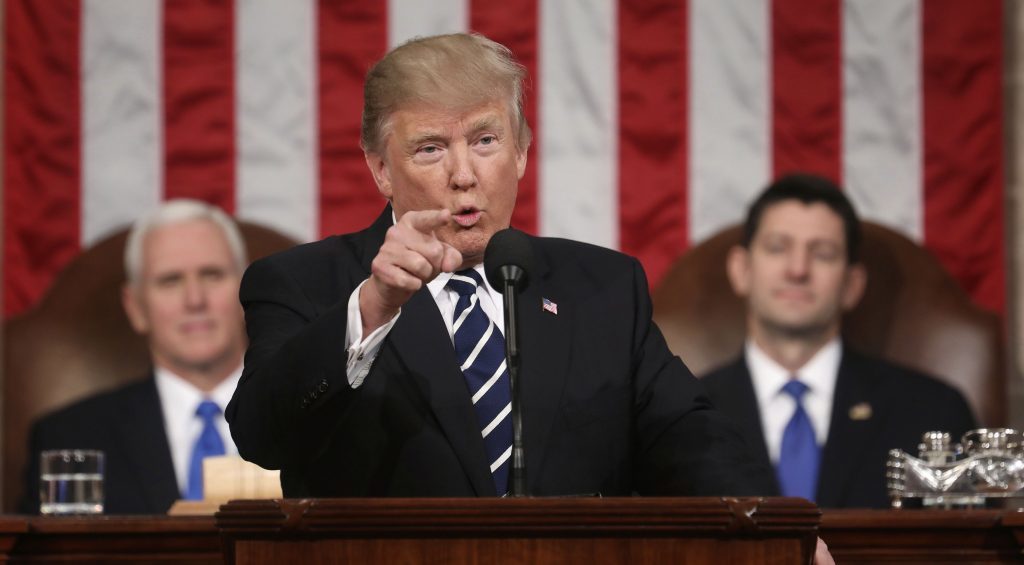
Total SA CEO Patrick Pouyanne isn’t a prolific Twitter user. While he follows the account of French president Emmanuel Macron, Donald Trump doesn’t make the cut.
Yet when Pouyanne inks a multi-billion dollar deal in Tehran today to help Iran develop the world’s largest natural gas field, you can bet his staff will be keeping an eye on the U.S. president’s social media feed. Trump branded the 2015 Iran nuclear accord, which led to an easing of sanctions, the “worst deal ever.”
There’s nothing actually preventing Total from doing business with Tehran. But investing in Iran’s South Pars field in the Persian Gulf is risky, not least because it is shared with Qatar — the country that’s been isolated because of its alleged ties to Iran.
With Trump joining G20 leaders in Germany this week, trade tensions are running high. The U.S. president’s fondness for shooting from the hip means there’s no guarantee that Total won’t somehow get caught in the crossfire.
Yet while there’s clearly an extra edge to this deal, for Pouyanne the potential rewards make it worth the gamble. Unless Total plans on slowly disappearing — like its rivals, existing reserves deplete by a few percentage points each year — it has to keep sniffing out new oil and gas resources.
From a risk perspective, it would be better if those new supplies were somewhere less complicated. But oil majors are used to working in hostile political waters and other national governments are reluctant to let foreign operators get their hands on low-cost reserves. There’s always the U.S., of course, but the cost of shale acreage in the Permian is enough to make many oil companies look elsewhere.
While Iran wasn’t previously that attractive to international oil companies because of risky buyback contracts, the country is in dire need of foreign help to develop its huge reserves. With American oil companies still barred from doing business there, Total will hope to extract some pretty competitive terms.
It can afford to be bold too. While oil prices haven’t done it any favors lately, cost-cutting has left Total with one of the lowest break-even points among peers. Cash flow should cover capital spending and dividends as long as Brent averages at least $50 this year. Getting the gas out of the ground should also be cheaper because contractors are desperate for work. While a $1 billion Iran investment isn’t pocket change, it isn’t prohibitive for a company that spent $18 billion on capex and resource deals last year.
As ever, there are longer-term considerations. Iran doesn’t export much natural gas, but if that changes Total would be well placed. The country will still be producing hydrocarbons long after Trump ceases being president; Total’s contract spans some 20 years, Bloomberg reported. With the prize on offer, you can see why Pouyanne is ready to bet against any short-term noises off from the White House.
